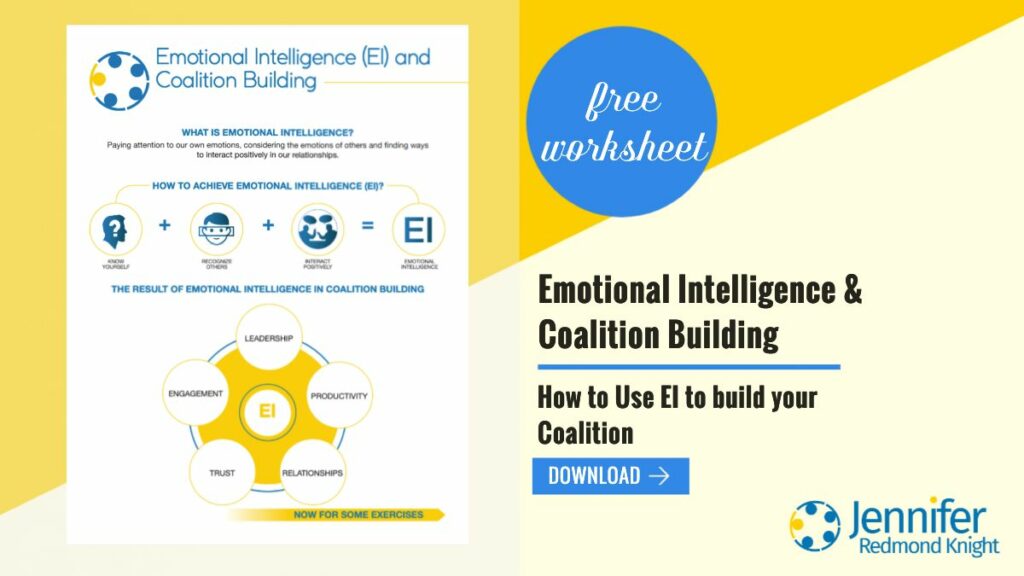Although it would be nice if we could “check the box” on trust and move to the next item on our list, trust in coalition work is a lot like a muscle. You have to keep building it , sometimes you lose it and you need to regain it again to be healthy (in coalition relationships). Similar to exercise, when you keep practicing trust, it is much easier to maintain it than when you take a break from it for a while and have to work on it again. Join me this week as I provide three trust-supporting behaviors that will help you maintain trust with your coalition, partnership or team.
Check in.
When I first started working with coalitions, one of the most common ways to evaluate our coalition was an annual “satisfaction survey.” We would ask questions about whether people were satisfied with participating in the coalition, with their opportunity to provide feedback and their interest in continuing to participate. Then, we would review the results and do something with what we learned. If our coalition members made suggestions about how we meet or tools that we share that are most helpful to them, we would pay attention and apply that to our future work. When you take the time to ‘check in’ with your coalition and do something with what you learn, you are maintaining trust. Also, checking in does not always have to be a big survey. You can check in by leaving time at the end of a meeting for feedback or scheduling one-on-one meetings with your leaders or members. You can also check in by doing a very quick survey at the end of a workgroup or committee meeting. The trust-maintaining practice of checking in is being willing to ask the questions and be open to the responses.
Listen.
Pay attention to what is being said as well as what is not being said. When you check in with your coalition, listen closely (or read closely if it’s survey results!). Whether you are meeting one-on-one or in a group setting, if you take the time to ask the questions, take even more time to listen to the responses. Although not every response may be what you want to hear, when you listen closely and consistently honor those willing to bravely share with you their perspectives on the coalition, you are maintaining trust. Listening also involves paying attention when nothing is said. Notice when your coalition is comfortable sharing or when they are not responding to any of your questions. Be willing to listen to multiple perspectives. When you practice listening, you are maintaining trust with your coalition.
Learn.
Learn from your coalition members willing to respond to your questions and do something with what you learn. Take time to read about trust and identify resources that will help you understand and practice trust. If you haven’t yet read the 7 Habits of Highly Effective People or you need a refresher, I highly recommend it as a resource for maintaining trust. Brené Brown also has some excellent resources. She and her sister Barrett hosted a two-part podcast on “BRAVING trust.” I have also really enjoyed Stephen Covey’s son’s book on trust, Smart Trust. When you meet with your staff or leadership team, spend time discussing trust and learning from your colleagues about what is working to support trust as well as what could be improved. Keep practicing what you learn and you will maintain trust with your coalition, partnership or team.
If you would like another tool to support you in this work of regaining trust, check out the BRAVING Inventory found in Brené Brown’s book Dare to Lead (pages 224-238). This can be used to both build trust and to regain trust.
So, what about you? What are you going to do this week to maintain trust in your coalition?
One of the connected concepts to trust is Emotional Intelligence. Check out my free reflection worksheet on Emotional Intelligence and Coalition Building to support your trust-maintaining efforts.

Photo by Melissa Askew on Unsplash
